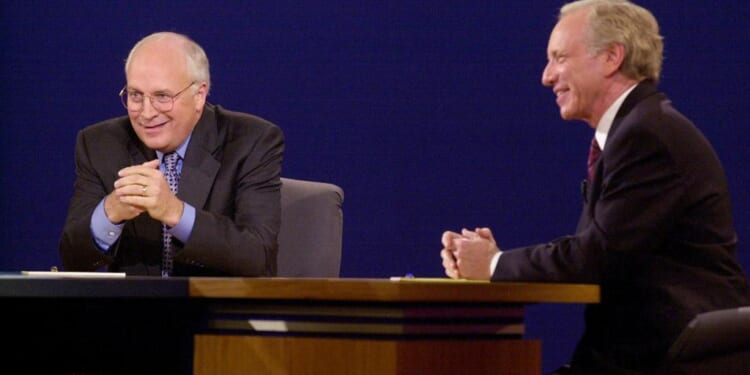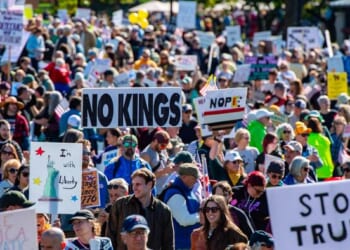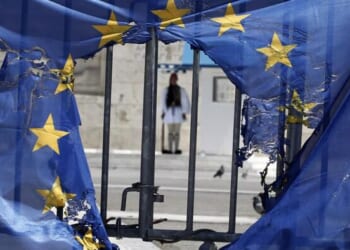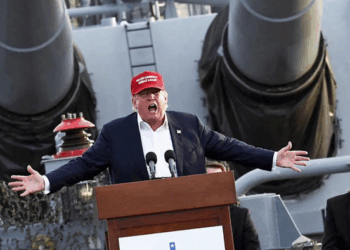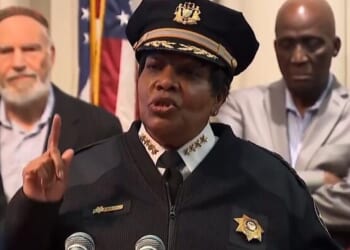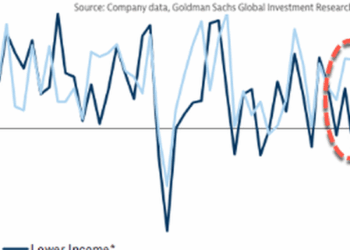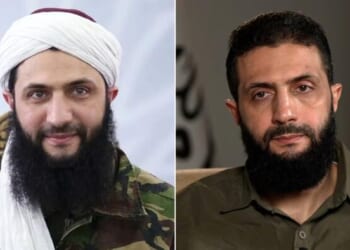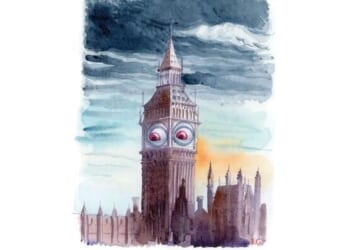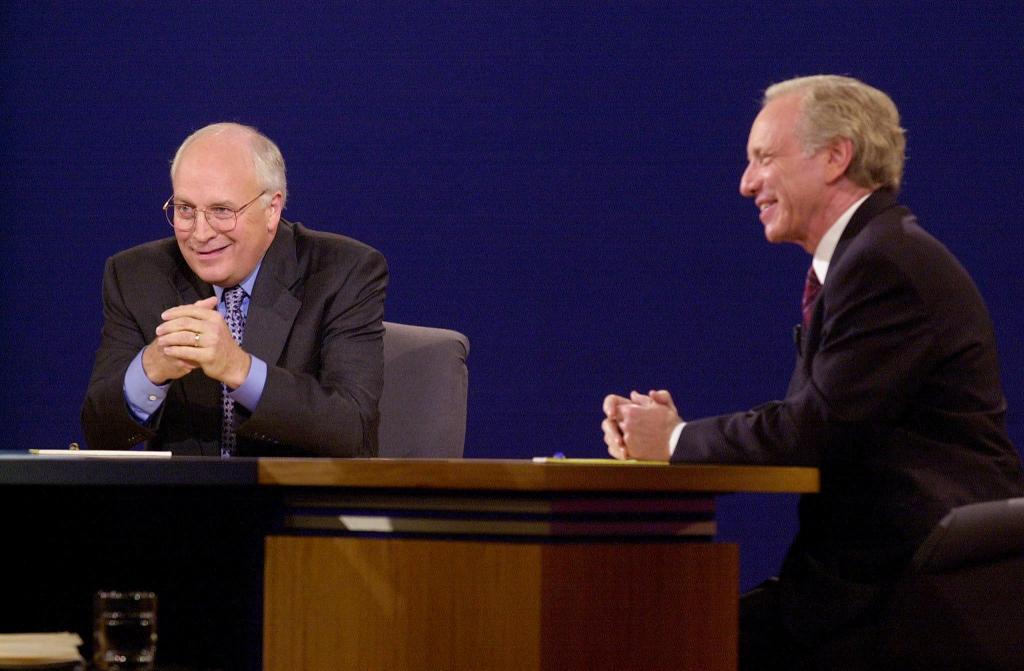
As we bid farewell to former Vice President Richard B. Cheney this week and review his legacy, much of the focus has been on his impact on policy, particularly the reshaping of our national security in the wake of the September 11 attacks, and his extraordinary résumé as White House chief of staff, a six-term member of the House, House minority whip, secretary of defense, and ultimately vice president of the United States.
Less attention has been given to how he conducted himself in public life and the example he set. For more than five decades, Dick Cheney was a consequential national leader who stood at the center of some of the nation’s most defining decisions, yet he never chased celebrity or power for power’s sake. His legacy is of a serious, principled, and unflappable patriot who succeeded in politics and public service with no interest in promoting himself.
In his definitive Cheney biography, The Dispatch’s Stephen Hayes portrays a reluctant politician and a focused servant leader who was most comfortable out of the spotlight. He notes that over the years, vice presidents generally “craved more recognition,’’ while Cheney “dislikes the attention that comes with it.”
In an era of TikTok and Instagram, when theatrics and celebrity seem to be rewarded in public life, Dick Cheney’s career shows us a different path. Whether you agreed with him or not, his path was one of seriousness and substance and policy accomplishments with a singular focus on what he believed was best for the country.
I first met Cheney in the Oval Office during the run-up to Operation Desert Storm in 1990, in the first Bush administration. I was a 35-year-old staffer in legislative affairs, intrigued and intimidated by this defense secretary who had already become White House chief of staff by my age. He was direct and clear in his presentation that day. But I was also surprised by his brevity. He didn’t try to dominate the room, instead deferring to Joint Chiefs Chairman Colin Powell and others.
A few years later, he came to Ohio to speak at a fundraiser for my first campaign for the House. There was no fire and brimstone in his remarks. He focused on policy, and his intonation was steady and reassuring. As someone just entering politics, I saw a style I was comfortable with.
I came to know Cheney in a more personal way several years later as the stand-in for his opponent during his two vice presidential debate preparations. He was not the only candidate I have helped over the years. I have played the part of the opponent for six other Republican candidates for president or the U.S. Senate. Cheney took the debate prep process more seriously than any of them, was the best prepared, and, partly because of that, was viewed as the victor in both debates.
The prep sessions for his 2000 debate with Joe Lieberman were revealing. As frustrating as these sessions can be with well-intentioned but sometimes contradictory advice from attendees, and as much as I tried to get under his skin, Cheney never showed emotion or raised his voice. He didn’t try to run the process, which was in good hands with his daughter Liz. He asked precise questions, but he listened more than he spoke. When he did speak, he was to the point and well informed, demonstrating that he had absorbed the thick briefing books.
Part of his debate preparation discipline was to finish the mock debates a day early so he could go fly fishing before the debate. As he explained to me, fishing was relaxing for him and helped him clear his head. When we got down to the river that day, I looked for other members of the team who might be joining us. Other than the always present Secret Service detail, there was no one else. This was to be truly a break, and I was determined to avoid the temptation of reviewing the debate themes we had discussed or the opening lines, or talking at all.
Once we pushed off in our raft, I shouldn’t have been surprised to see that Cheney brought the same intensity to fishing as he did to policy debates. It may have been relaxing to him, but trying to keep up with his laser focus on keeping his fly on the water constantly and never missing a ripple was stressful. Needless to say, he caught more fish than I did.
The other surprise was that he did want to talk, but not about the finer debate points. He wanted to share stories about politics, particularly his work with Gerald Ford, Jim Baker, Don Rumsfeld, and George H.W. Bush, people he respected. Sometimes when he was asked about his discomfort in the limelight and his distaste for politics, he would attribute it to his Wyoming upbringing. In listening to him talk about this group of mentors and friends, I realized that they all shared similar values and approaches to public service. He had good role models.
At the debate the next day, Cheney felt ready and confident. In my experience, confidence is a double-edged sword. You want to be confident enough to be relaxed and able to respond more authentically on stage, but not so confident that you’re not on your toes. I was pleased to see in the early part of the debate he seemed to have reached the right balance. Cheney was relaxed enough to allow his dry sense of humor to come through effectively.
At one point, Joe Lieberman, in his own gentlemanly way, needled Cheney about how much money he had made as Halliburton’s CEO. Cheney was ready and deflected. Lieberman then said, “I can see my wife, and I think she’s thinking, ‘Gee, I wish he would go out into the private sector.’” Cheney didn’t miss a beat: “Well, I’m going to try and help you do that, Joe.” The audience loved it. It was an unscripted moment, made possible by an intense focus on debate prep that made him feel comfortable being himself.
The country saw some of Dick Cheney’s seriousness, quiet determination, and mastery of the substance of policies, from U.S. intelligence reform to budget brinkmanship with Congress, but those who worked with him witnessed something deeper. They saw him bring a needed, calming presence into rooms where the stakes were highest. They saw him seek no credit when things went well and accept blame when things didn’t. They saw his fierce loyalty to his staff, even when it hurt his public image.
As we reflect on his extraordinary life, let us remember the example he set at a moment when national service too often gives way to self-promotion. Dick Cheney embodied a different model: a leader who believed it was not about him, but about the country he loved.

